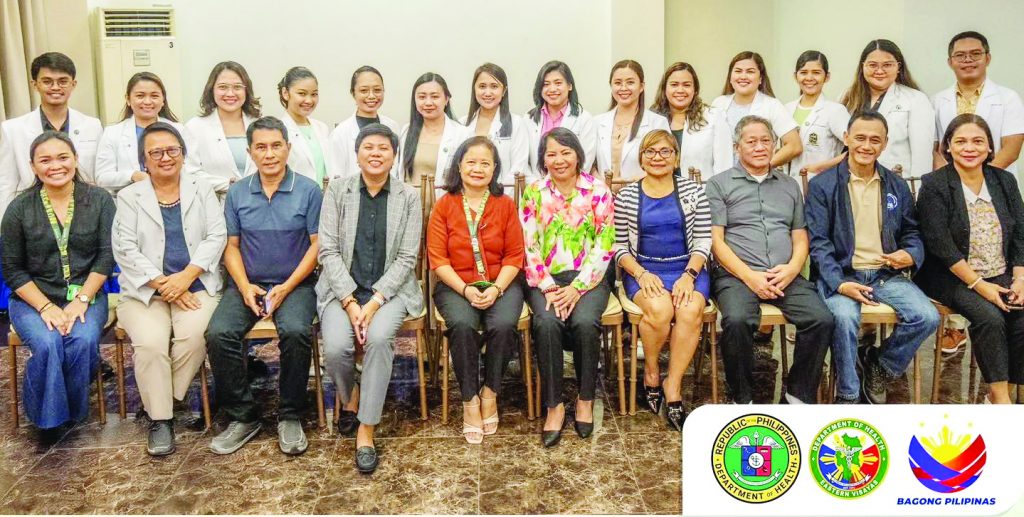
TACLOBAN CITY – In a continued effort to bring quality healthcare closer to underserved and rural communities, the Department of Health (DOH-8) in Eastern Visayas has deployed 14 new doctors under its flagship Doctors to the Barrios (DTTB) program.
These doctors—considered medical scholars of the government—will serve in remote and disadvantaged municipalities across the region where the doctor-to-patient ratio remains critically low, particularly in areas without a resident physician or where access to basic health services is limited.
According to Jelyn Malibago, DOH-8 information officer, the deployment follows the national goal of achieving a 1:20,000 doctor-to-population ratio, a standard still unmet in many parts of the region.
“There are still local government units (LGUs) in the region that do not meet the ideal ratio. This program helps address that gap,” she said in an interview.
The newly deployed doctors will serve in Liloan and Anahawan (Southern Leyte); Palompon, Palo, Calubian, Mahaplag, Burauen, Bato, and Babatngon (Leyte); Naval (Biliran); Motiong and Matuguinao (Samar); Arteche (Eastern Samar); and Silvino Lobos (Northern Samar).
For the next three years, these doctors will be assigned to rural health units (RHUs) where they will provide primary care services such as regular medical consultations, vaccinations, health education, maternal and child health services, and emergency care.
They will also help strengthen local health systems by mentoring barangay health workers, assisting in health planning, and improving coordination between the RHU and the community.
The Doctors to the Barrios program, launched in 1993, was created to address the chronic shortage of doctors in geographically isolated and disadvantaged areas (GIDAs). It remains one of the DOH’s most impactful programs in improving universal health coverage at the grassroots level.
Aside from municipalities with no existing government physician, the DOH prioritizes areas that are difficult to reach or classified as high-need due to poor access to healthcare facilities.
While these doctors are salaried by the DOH, local government units are mandated to provide board and lodging, honorarium, and ensure the safety of the assigned DTTBs.
Malibago added that although their term is typically for three years, the DOH encourages LGUs to retain or absorb the doctors into permanent local health positions after their service ends to ensure continuity of care.
“We have proposed to these local government units where these doctors are assigned to either extend their services or absorb them,” she said.
(JOEY A. GABIETA, LIZBETH ANN A. ABELLA)



